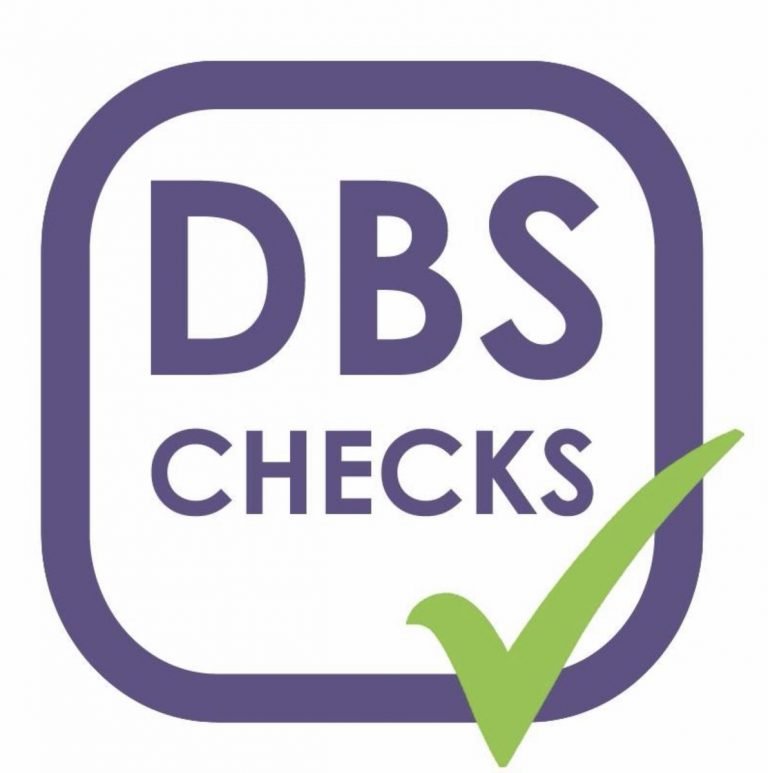4 Useful Tips on How to Invest Your Money Wisely
People tend to believe that without significant amounts of money, they will never be able to invest and grow financially. However, this statement is far from the truth. It’s never too late to start investing, and almost no amount of money is too small.
Regardless of where your resources come from – whether you rely on your income, you’re about to receive an inheritance, or you’re counting your lucky stars as you’re waiting to check your Powerball, Mega Millions, or Lotto 47 numbers, you may want to consider investing them. In this article, we’ll give you four tips on how to do just that and have a realistic chance to get maximum profit. If you want to jump into the world of smart investing, keep on reading!
Start Early
It’s never too late to make a decision about investing. However, if person A starts setting aside money at the age of 40, they’ll have less money than person B, who set aside the exact same amount but started doing it at the age of 20.
While it may seem difficult, it’s best to start as early as possible, preferably as soon as you start earning money. Your income is never too low to start investing. Begin from smaller amounts and think about your future.
Choose Your Asset Class and Know the Risk
To start investing, you need to consider your options first. There are a lot of investment opportunities that might be interesting to you, depending on your risk tolerance. These opportunities, known as asset classes, are groups of investments of a similar kind. Let’s take a look at some of the most popular asset classes:
- Cash. It’s considered to be the safest investment because, despite inflation, its value remains steady.
- Bonds. Also known as debt or fixed income, they represent a loan made by an investor to a borrower – usually a government or an official institution. They’re considered to be relatively safe. However, bonds can be divided into separate types as well, and each type carries a different level of risk. For example, corporate bonds are associated with credit risk and market risk. Also, interest rate risk is one of the most common issues associated with the bond market, regardless of the type.
- Real estate. Investing in real estate requires you to buy and own physical properties, which can be costly. However, you can look into investing in REITs (Real Estate Investment Trusts) without purchasing and managing real estate yourself.
- Stocks. Also known as equities or shares if you are the owner of the company. They indicate the holder’s ownership in the issuing corporation. Their value can rise and fall unexpectedly, so they’re considered to be a type of high-risk, high-reward investment.
Pro tip: You can invest in many asset classes or choose just one. However, while you may be tempted to put your money into riskier options, it’s actually better to invest in different asset classes.
Have a Savings Plan for Emergencies and Short-Term Goals
We all know that unexpected emergencies and expenses can be extremely stressful, but they could also put a serious financial strain on you. Investing is one thing, and it can be risky. On the other hand, saving money will provide you with a cash cushion and let you get through any hardships.
If you want to handle your money and assets wisely, keep a healthy balance between spending, investing, and saving. Don’t neglect that last part, and always be prepared for unexpected situations.
Invest to Accomplish Long-Term Goals
Having a financial safety net is one thing. However, the key to profitable investing is looking into long-term goals. These will bring you results in the more or less distant future. If you start investing money, remember about important milestones during your life, such as buying a house, saving money for your retirement, or putting money aside into your children’s college funds to keep them debt-free. Start monitoring your spending habits and dedicate at least 20% of your gross income to saving and investing.
Beware of High Fees
Inflation and market fluctuations are factors you can’t control. However, fees are one of the most important aspects that can take away from your returns – and you can calculate how much you’ll have to pay.
Depending on the type of investment, you’ll have to pay a certain set of fees. These usually include account maintenance, mutual fund loads, commissions, 12b-1 fees, and management or advisor fees. If the sum gets surprisingly high and you feel like you’re being ripped off, you should reconsider if you want to proceed with that kind of investment.
The Bottom Line
You may think that investing in these uncertain times is not the best idea. Nevertheless, you’ll be more likely to achieve financial stability and grow your money in a smart way if you start investing as soon as possible. You don’t have to invest in risky assets – you can start small, as there’s no shame in that.
You can start by saving money – putting away $50 each month is better than nothing. Even if you don’t know much about the investment market and procedures, motivation and the will to learn will likely point you in the right direction. If you decide to take action, you won’t have to wait for lottery results or an inheritance that may never come. Instead, you’ll take full responsibility for your financial future. Do it wisely, and you’ll succeed.



